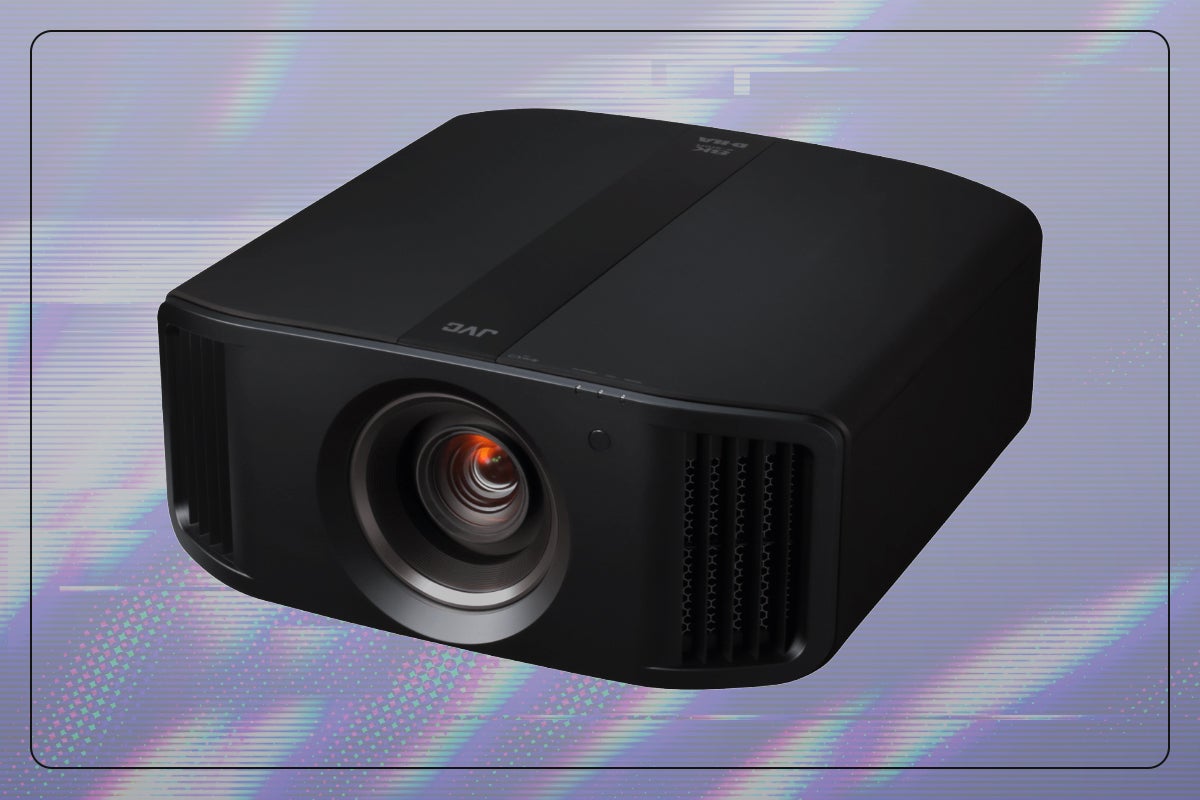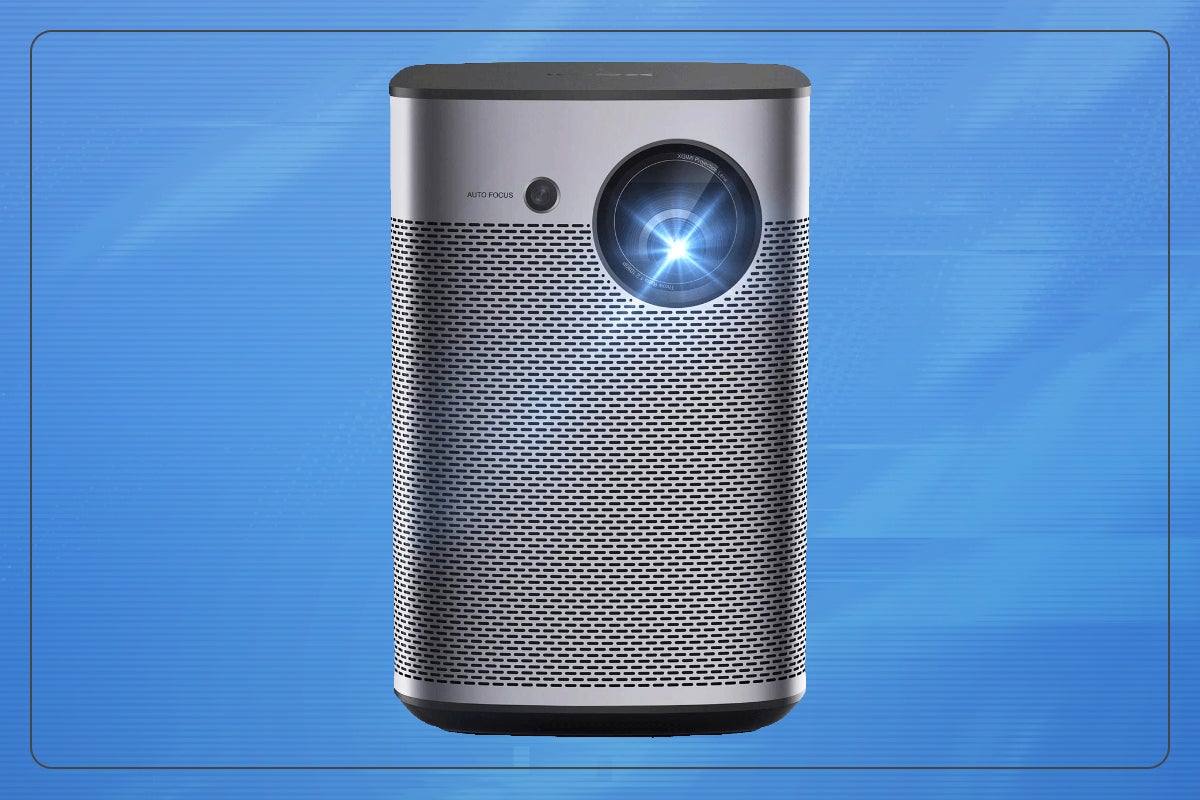Philips PicoPix MaxTV Mobile Projector PPX720/INT Review
A neat portable projector that supports all of the major apps
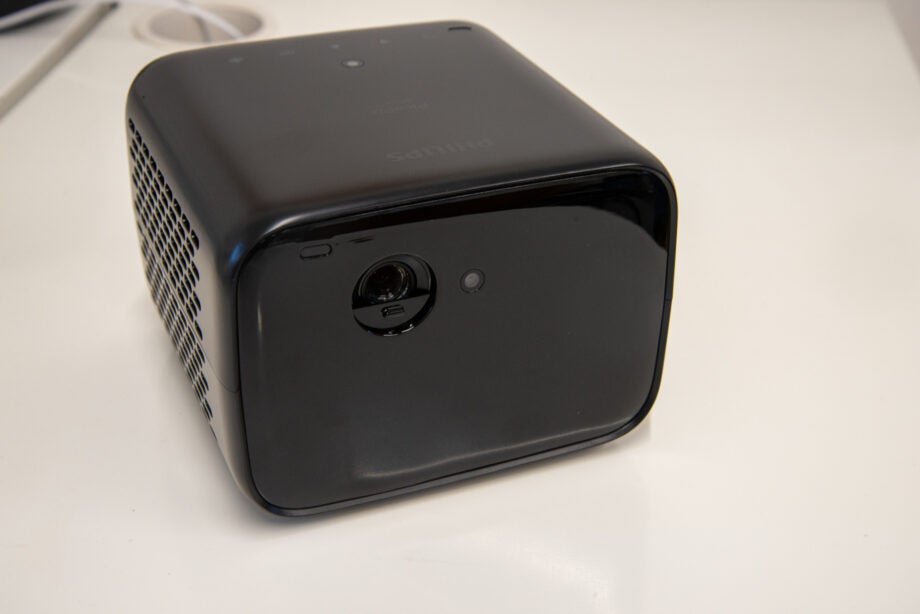

Verdict
A portable projector that supports Netflix natively, the Philips PicoPix MaxTV Mobile Projector PPX720/INT runs Android TV and has all the apps you’ll need. Image quality is good, although a little more auto setup would be welcome, and a pair of powerful speakers is included, so you won’t need external audio. A lens cover built-in means this is a great choice for anyone who travels frequently and wants a projector that they can take with them.
Pros
- Lens cover
- Supports HDR10
- Excellent range of apps, including Netflix
Cons
- Limited auto-setup
Key Features
- Projector typeA portable projector that you can carry around with you, it can be run from mains power or via its internal battery. It runs Android TV so includes apps for streaming
- Streaming servicesNatively, this projector supports Netflix, Disney+, Amazon Prime and more
Introduction
Portable projectors used to be low-resolution basic devices, but advancements in projection technology now mean that you can easily get a Full HD experience in a device that’s compact enough to fit into a bag.
The Philips PicoPix MaxTV Mobile Projector PPX720/INT is the latest mini-projector with this resolution. Running Android TV, with full support for Netflix, you get everything you need in one package.
Image quality lags slightly behind its main rivals, and there aren’t as many auto-setup features as I’d like either.
Design
- Compact, rounded body
- Simple controls on top
- Lens cover
There are smaller portable projectors available, but with the resolution on offer here and large integrated speakers, I believe the Philips PicoPix MaxTV achieves a good balance of size (158 x 150 x 199mm) and features. Weighing 1.96kg, this projector is a little heavier than direct rival, the XGIMI Halo+.
That said, you can still fit the Philips projector into a bag easily enough, and you don’t need a case for it since it comes with a slide-up lens cover on its front. I found this a little stiff to open and close; however, it’s worth the effort to keep that lens safe.
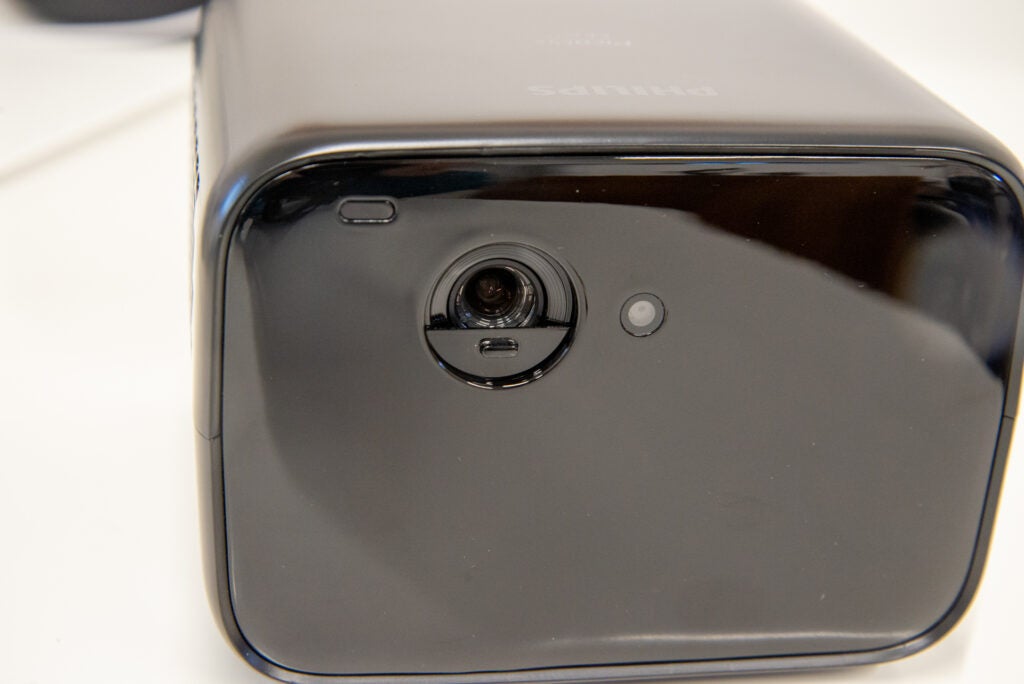
With its rounded body and black finish, the projector looks great. On top, there are navigation controls to move through the settings, plus a key that runs through the autofocus mode. It’s a shame that volume controls aren’t on top for ease.
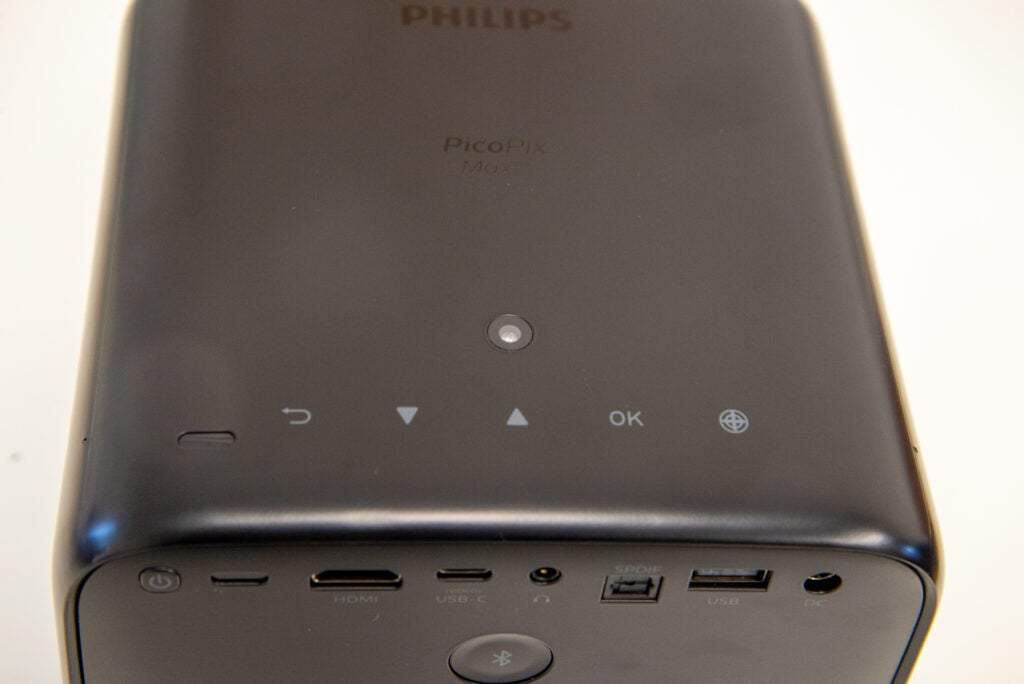
Instead, you’ll need to navigate through Android TV, and control playback and volume using the provided Bluetooth remote control. This is small and light, and features just the right number of buttons to get to the features you want quickly, without being overwhelming.
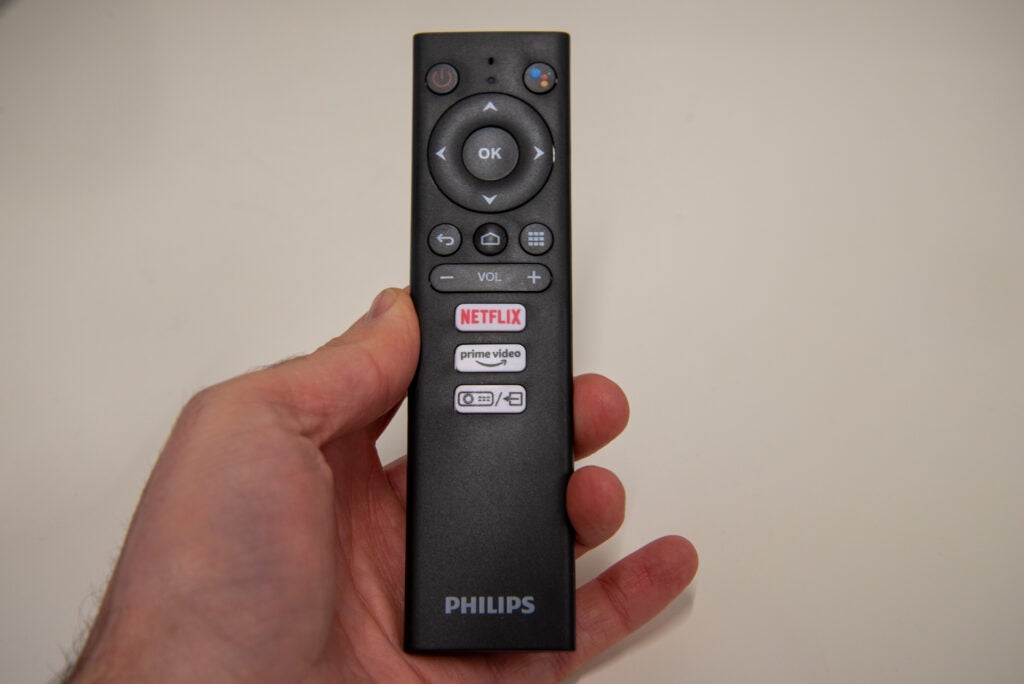
On the rear of the projector are HDMI and USB-C inputs for external devices, plus a regular USB port and an optical S/PDIF output.
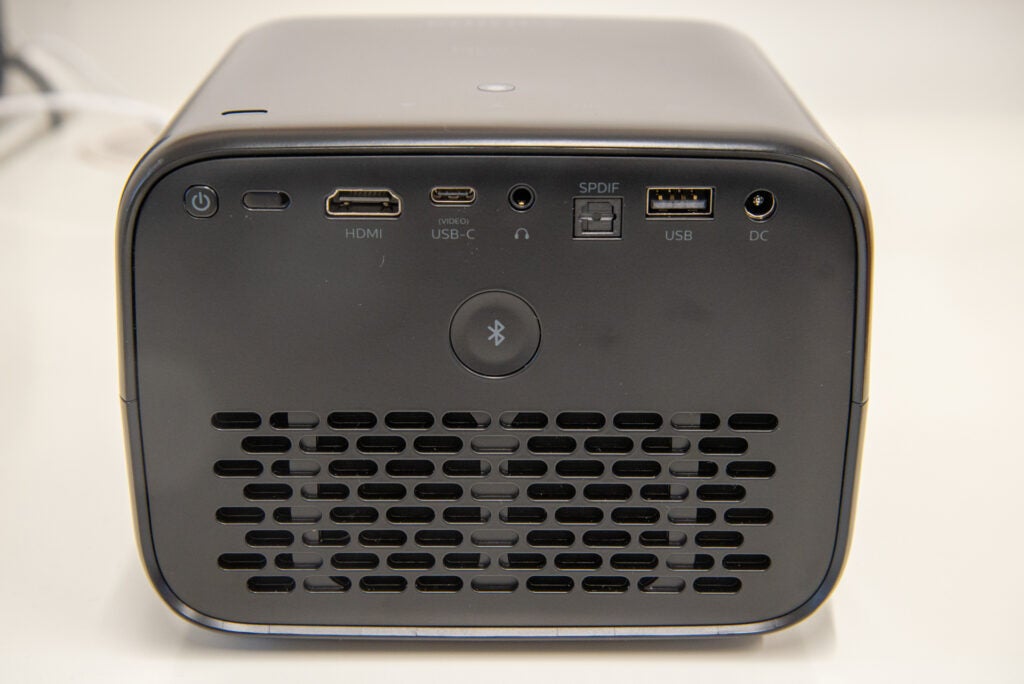
This projector has standard feet but no leg to angle it upwards. If you’d like a bit more flexibility over projector placement, then you can attach it to a standard tripod using the screw thread on its underside.
Philips provides a power adapter in the box, although at around 140cm in length, you can’t place the projector too far from your projection surface – unless you’re running on battery power.
Features
- Autofocus and vertical keystone correction
- Runs Android TV with support for Netflix
As with XGIMI’s projectors, the Philips PicoPix MaxTV runs Android TV. It’s a good choice, since the OS was built for use with remote controls, and delivers a fully stocked Google Play Store for downloading new apps.
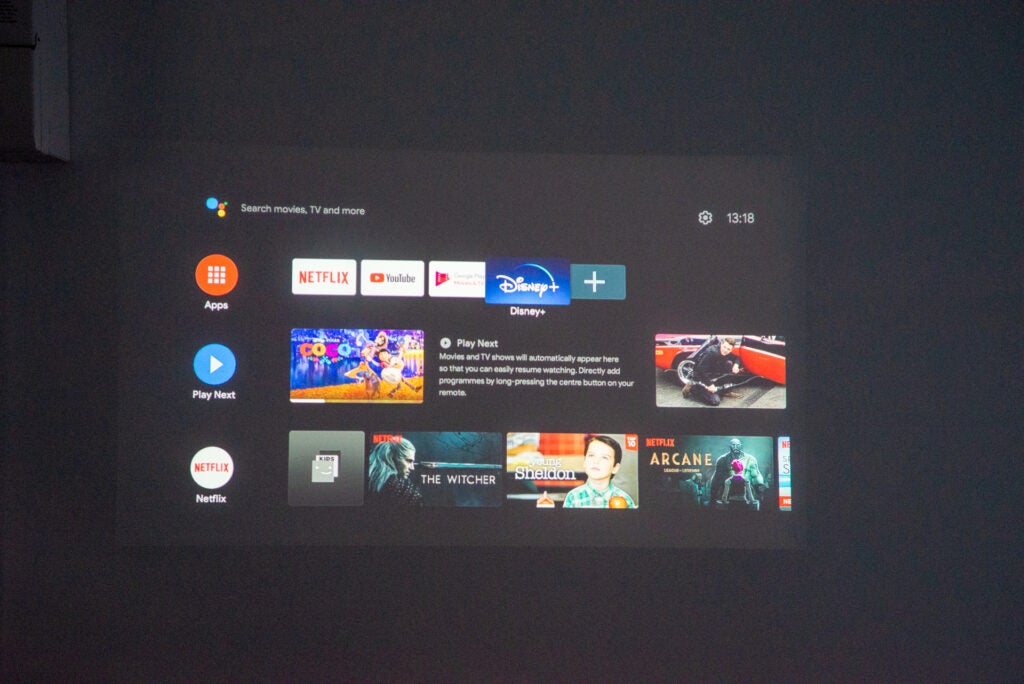
Here, Philips has had its Netflix app certified, so it will run. This is one of the big disappointments of XGIMI projectors, which have Netflix, but can’t actually run it since they’re not certified. Elsewhere, you get the other main streaming services with Philips, including Disney+ and Amazon Prime Video.
In terms of other apps, it’s a bit hit and miss: ITV Hub and My5 were available, but I couldn’t get BBC iPlayer nor Now streaming service.
While Android TV is smooth and easy to use, projectors that enlist a modified version of Android – such as the Nebula Capsule Max – have an advantage: they use the standard Android apps for streaming, so offer video downloads for offline viewing.
Running Android TV means that you get the Google Assistant, accessible via the dedicated button on the remote control. Using this, you can search for content and apps to watch, or do the usual voice assistant stuff, such as find out what the weather will be like.
One issue with portable projectors – which are constantly moved around – is trying to set them up correctly. The Philips PicoPix MaxTV has a few modes that can help. First, there’s autofocus, so you don’t have to manually tune your projector. By default, you have to hit the button on top of the projector.
Dive into the settings and you can turn on automatic autofocus, which kicks in when the projector is moved.
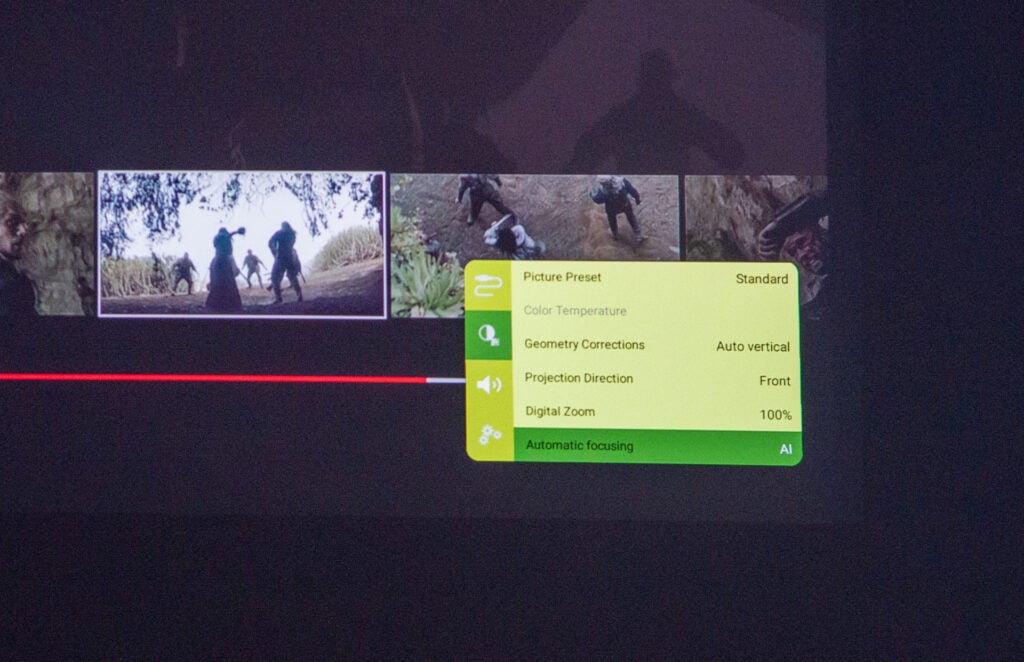
There’s vertical, but not horizontal, automatic keystone correction, too. Plonk the projector down and it will do its best to get a square picture. It’s worth positioning your projector as straight on as possible to start, since keystone is a digital correction that results in a loss of resolution. If you do want to manage keystone manually, there’s four-point correction available.
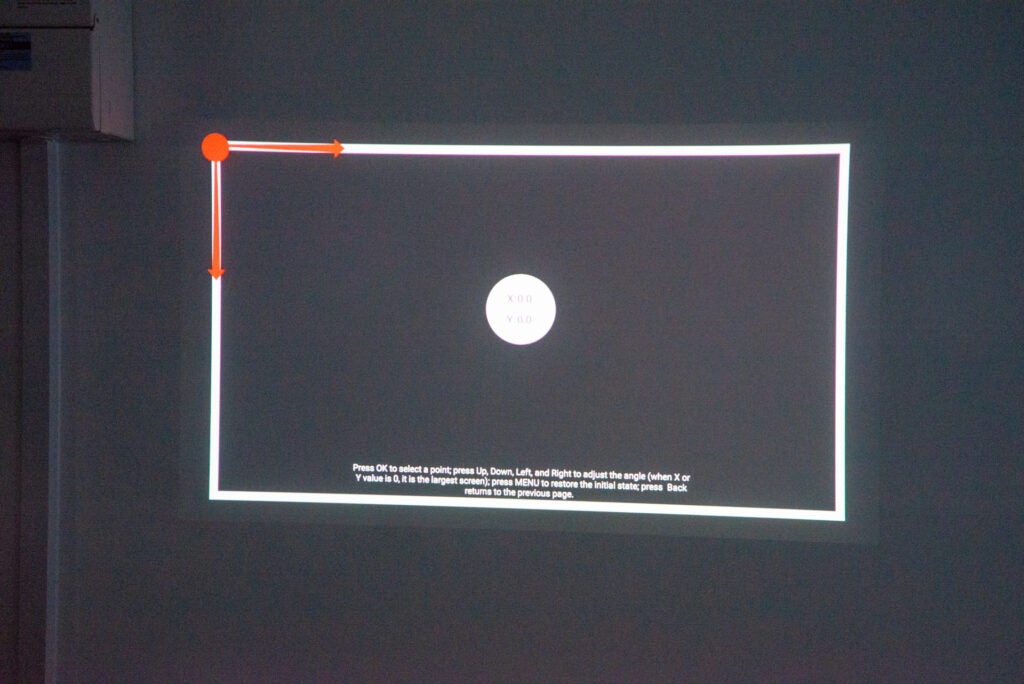
What the Philips PicoPix MaxTV can’t do, which the XGIMI Halo+ and XGIMI Elfin projectors can, is adjust the picture automatically to fit the space. XGIMI projectors will resize the image to avoid obstacles, or fit a screen.
Performance
- Blacks verge towards grey
- Not quite as vibrant as the competition
- Decent audio
Philips quotes the brightness of the projector at 900 lumens. How and where you use the projector makes a big difference.
I found that the Philips PicoPix MaxTV Mobile Projector PPX720/INT wasn’t bright enough to work during the day under household lighting, struggling to deliver a picture. That’s pretty normal for most portable projectors.
Drop the blinds and turn off the lights and I could get a regular TV-sized image (around 42 inches) that was clear and easy to see. To go bigger and get around an 80-inch screen, I had to wait until it was dark.
This projector can manage a 120-inch screen, although the throw ratio means that you have to be 126 inches away to do so.
With its native 1080p resolution, the Philips PicoPix MaxTV is sharper than its low-resolution competition, such as the Nebula Capsule Max. Technically, the projector has a 960×540 chip inside, but XPR technology shifts the sensor multiple times for each frame to build up a higher-resolution image. The result is that even at larger screen sizes, the picture looks great.
Supporting HDR10, the projector is capable of delivering more detail than models that don’t support this. The peak brightness isn’t as good on this projector as on a top-end TV, so you don’t expect searing whites. The general colour palette and detail across the frame is improved, though.
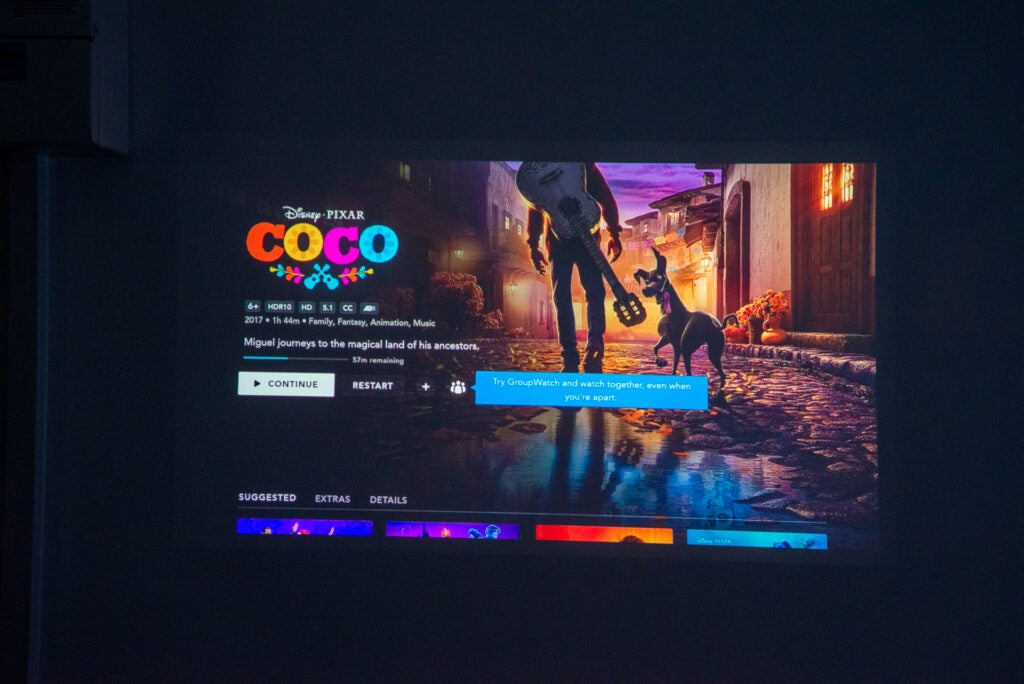
Colours are generally vibrant and engaging, although I found the XGIMI Halo+ slightly more energetic. Black performance isn’t very impressive on the Philips PicoPix MaxTV, verging on the grey. That also means that detail in the darker parts of an image isn’t so good.
In addition, try to watch something dark and moody while there’s ambient light, and you’ll struggle to see what’s going on. Again, this is common for portable projectors, which typically work better at night or in a well-darkened room.
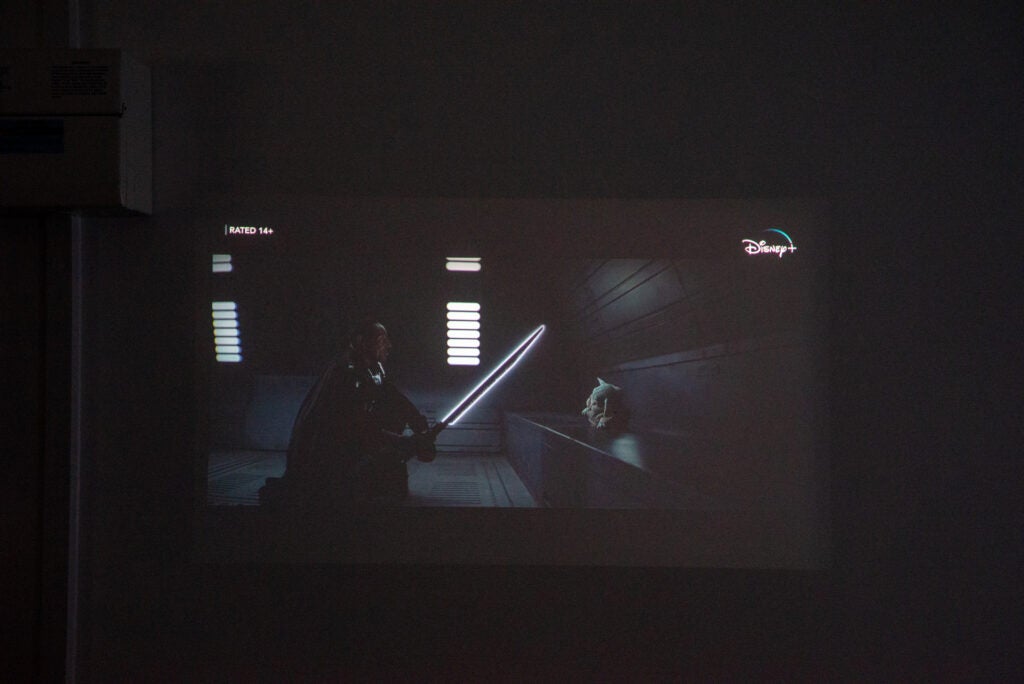
There are preset modes for common content types (Cinema, Standard, Vivid and Game), plus a user mode that lets you adjust brightness, contrast, saturation, tone and sharpness. There’s only so much you can do: turn up the brightness and you get more detail in the darker parts of the image, but blacks become very grey and the picture looks a little washed out.
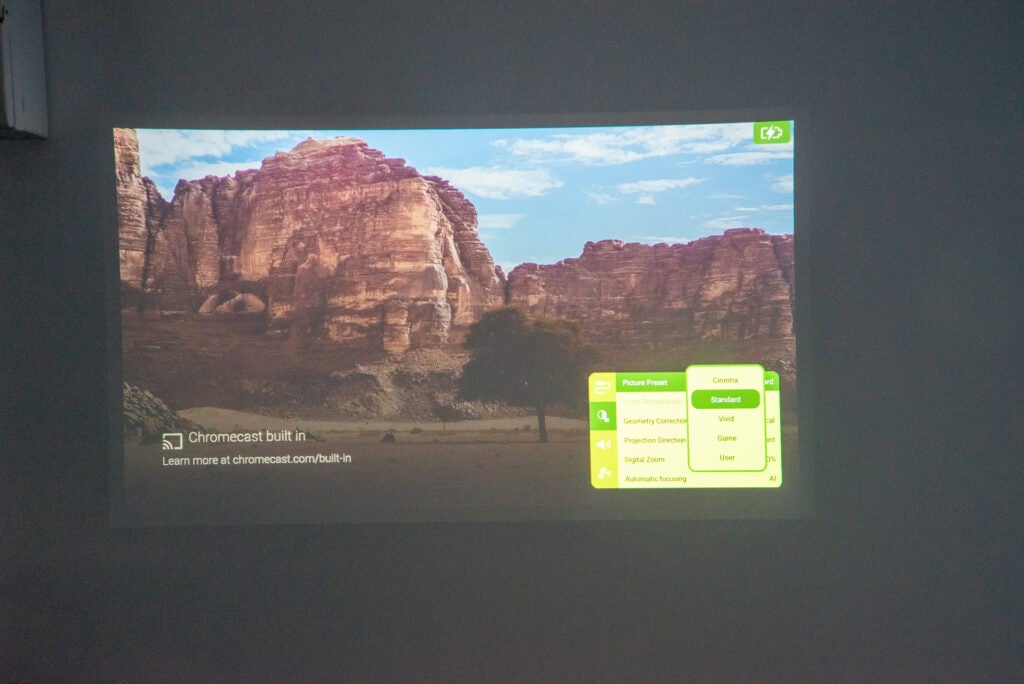
Philips has fitted two 12W speakers to this projector, and they’re pretty good. They don’t deliver much bass, so films lack some impact; but they’re loud and clear, even on top volume. Whether you’re watching inside or out, you won’t really need another set of speakers.
Watching video, the speakers default to the Cinema mode, but this feels like it compresses everything into the mid-range. Opting for Standard sound improved audio, making it more expansive and clear.
If you like, you can use the projector as a Bluetooth speaker, with the internal battery lasting around four hours. Watch video instead, and you’ll get around four hours maximum out of the projector. That’s at least one film’s worth of power; but you could squeeze in two, depending on length.
There’s an integrated LED lamp here that can’t be replaced. It’s rated for 30,000 hours, which works out at over 10 years, if you used the PicoPix MaxTV for eight hours per day.
Latest deals
Should you buy it?
If you want a portable projector that supports all of the main streaming apps and comes with lens protection, then this one fits the bill.
Image quality lags slightly behind the competition, particularly black performance. If the best image quality is a priority, try a different model.
Final Thoughts
The direct competition, the XGIMI Halo+, offers better auto-setup and projects a slightly better picture. Audio performance between the two machines is similar, and there’s little else to tell them apart.
Yet, for the XGIMI’s wins, it doesn’t support Netflix natively, so you need an additional streaming device, and it doesn’t come with any lens protection either. For me, then, the Philips PicoPix MaxTV is better for those who travel frequently, while the Halo+ would suit those who want a projector they can move around the house or travel via car – where carrying the extra streaming stick and travel case is less of an issue.
How we test
We test every projector we review thoroughly over an extended period of time. We use industry standard tests to compare features properly. We’ll always tell you what we find. We never, ever, accept money to review a product.
Find out more about how we test in our ethics policy.
Tested for more than a week
Tested using streaming apps with real world use
FAQs
Yes, it does – plus Disney+, Amazon Prime Video and more, with apps available through the Google Play Store.
Yes, the integrated battery provides a few hours of playback, although you’ll need an internet connection if you want to stream video.

